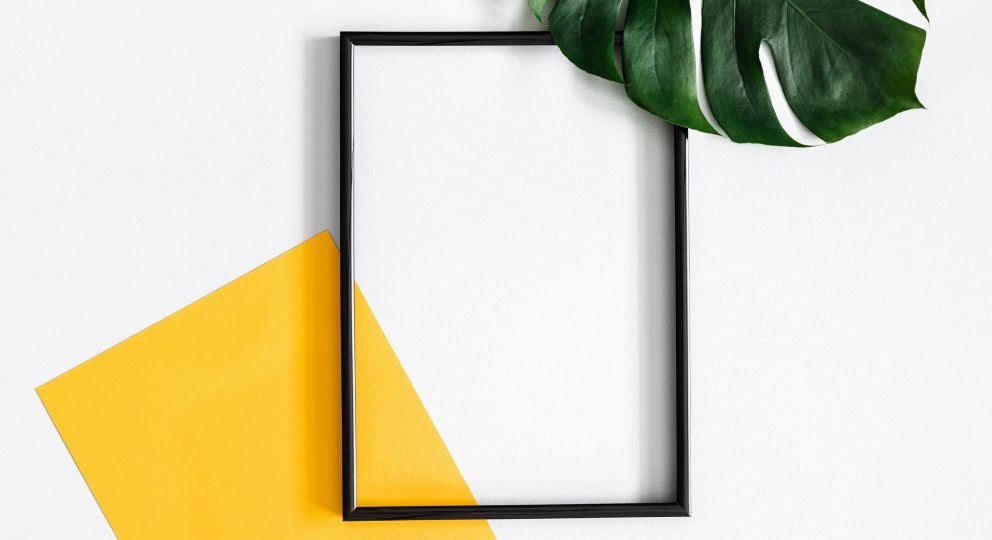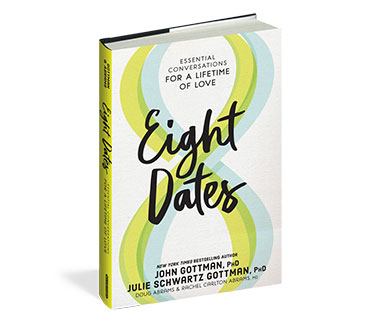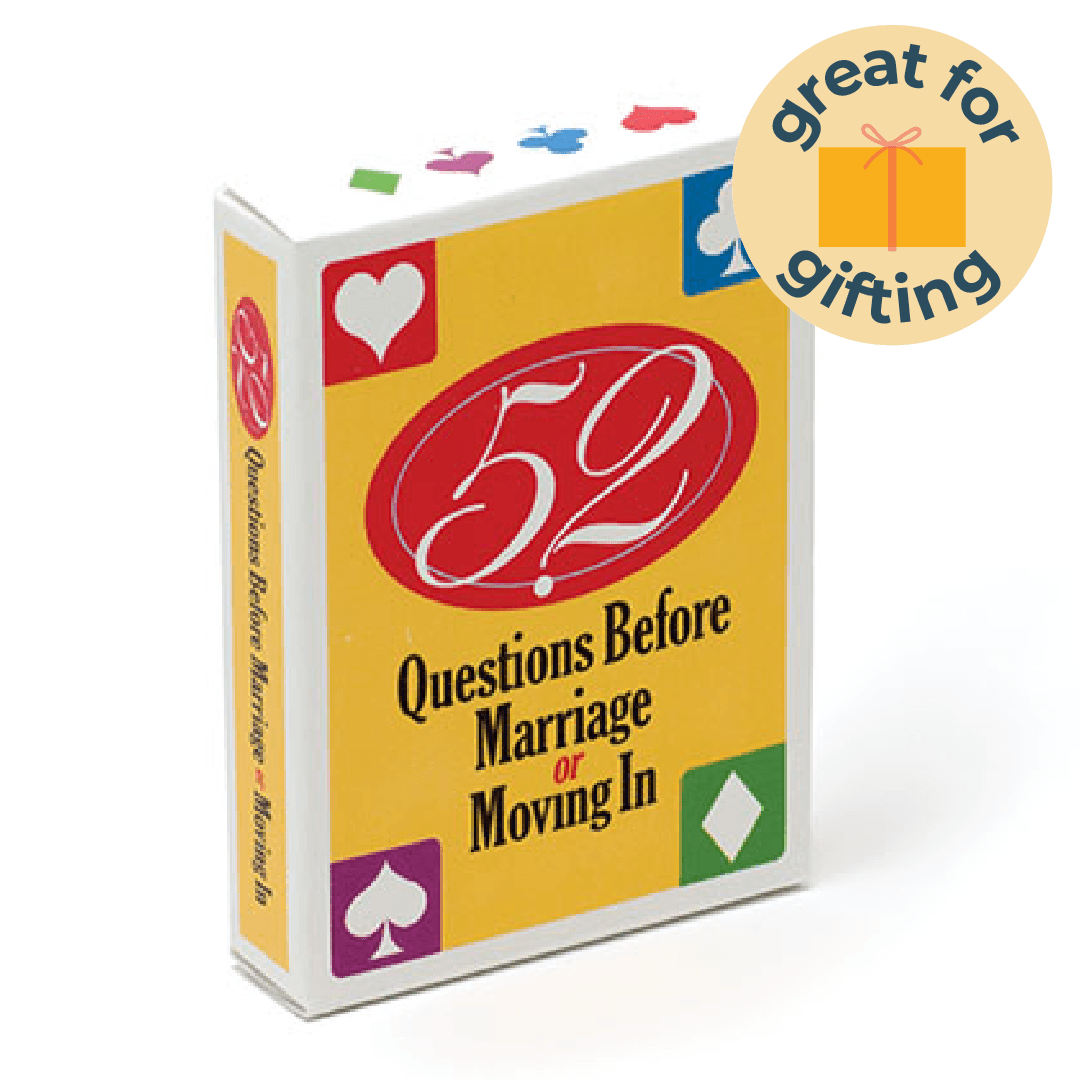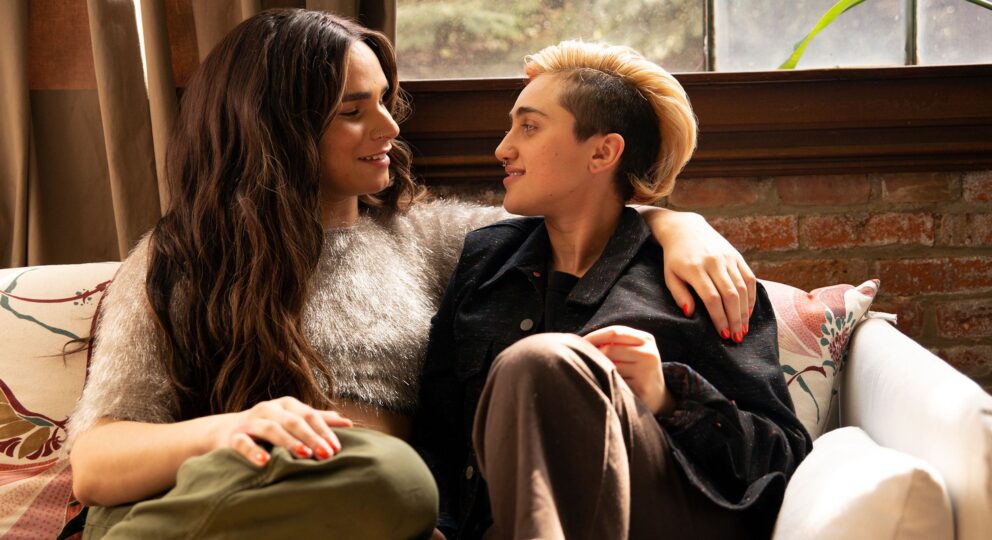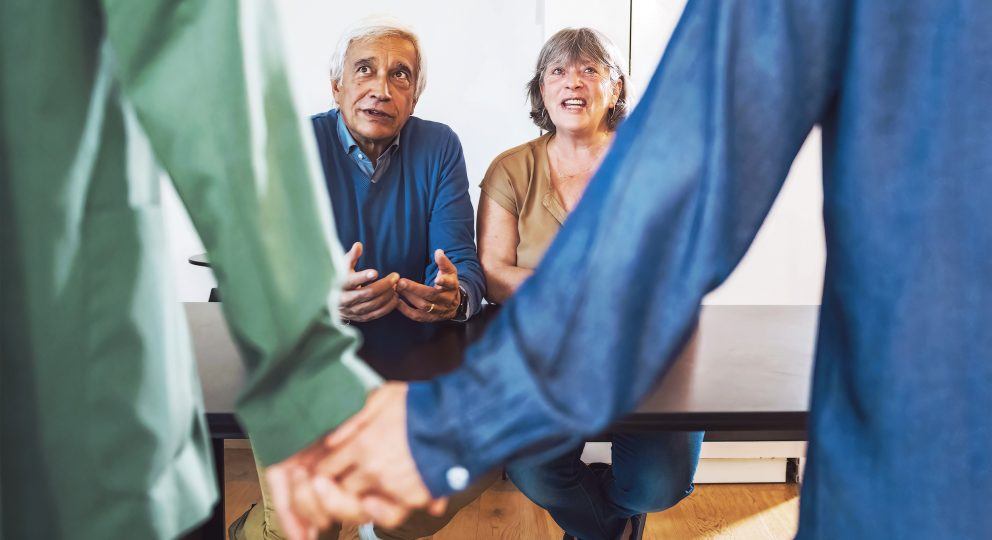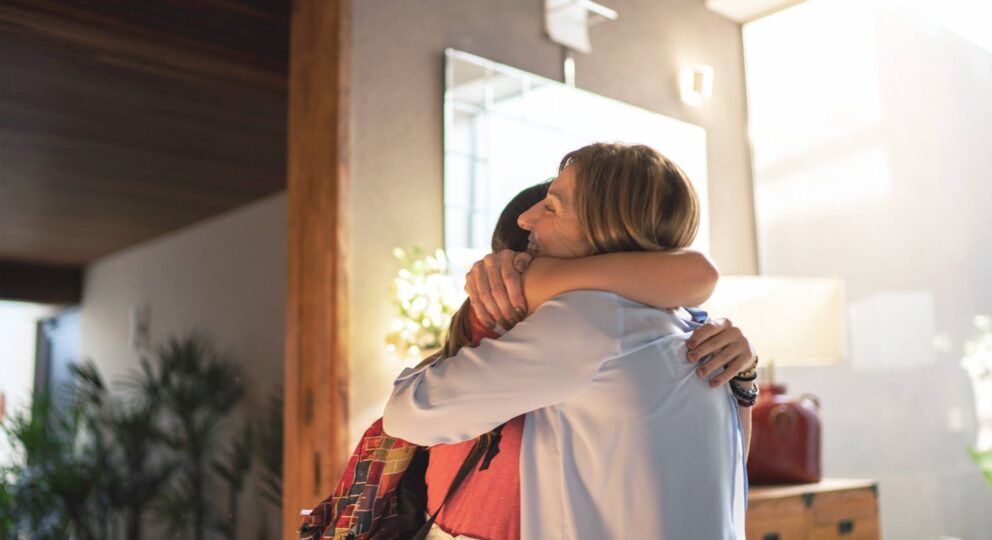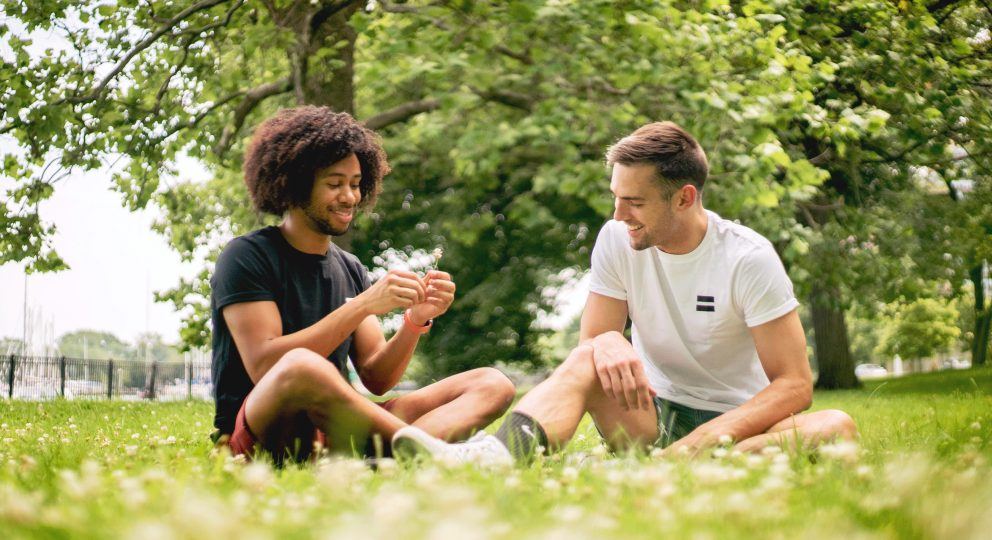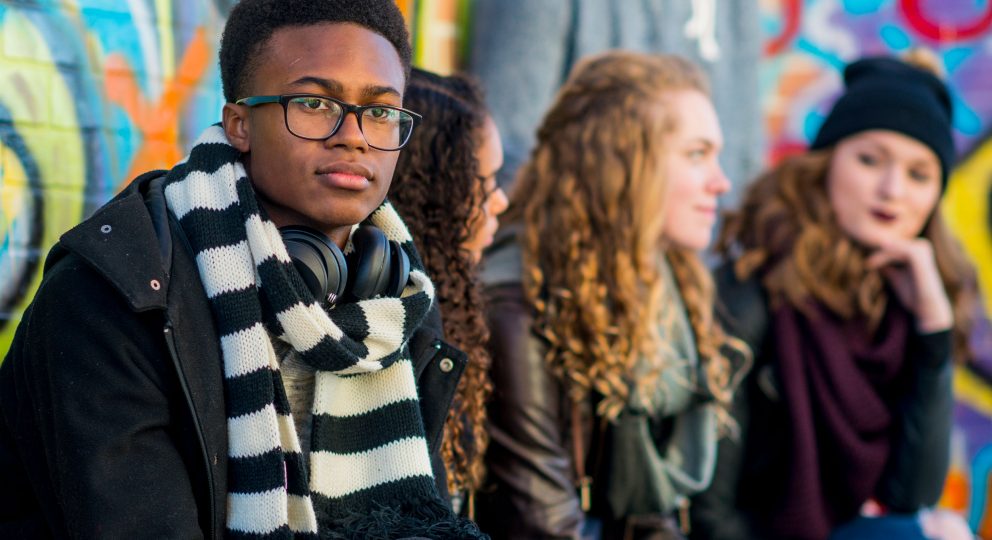By Lia Seth
Editor’s Note: We’ve been studying relationships for the last four decades, but we still have so much to learn. Through the individual stories and experiences shared in Real Relationships, we aim to paint a more realistic picture of love in the world today. The views, thoughts, and opinions expressed in this article belong solely to the author, and are not necessarily based on research conducted by The Gottman Institute.
When I first met the man who would eventually become my husband, I was ready to write him off before we even had our first date.
I had dated my fair share of “allies”—scare quotes intentional. You know the type: hip, quasi-informed, and online-“woke.” They share thinkpieces about Black Lives Matter and the plastic straw ban, retweet people like Tina Fey and George Takei, post selfies from the Women’s March, and love to tell their friends how they once stood up for a female coworker who “wasn’t getting the recognition she deserved.” They see allyship as a merit badge, something they’ve earned and should be applauded for.
I promised myself that I would never date another straight white man. Years of doing just that taught me a harsh truth: no matter how sympathetic or understanding they try to be, my lived experiences will never be anything more than hypotheticals to them. They get to shut off their wokeness when it’s convenient to them—if they want to laugh at an old Louis C.K. video or stay silent in the face of blatant discrimination, they seem to be able to do that without guilt. As a queer, disabled, woman of color, I don’t have that luxury. And constantly being asked to explain why I’m “always so angry” gets exhausting pretty quickly.
A few years ago, I found myself single for the first extended period of time since graduating college, so I decided to get really intentional with my time and priorities. I came out to my family as bisexual, activated a dating profile, and started going on dates with some great women. I doubled down at work and advocated for myself, finally earning the higher-level responsibilities I had been seeking. I also focused on my activism writing and my health.
Then I met C. Within an hour of sitting next to him at a meet-up, I thought to myself, “No! This wasn’t supposed to happen!” But the heart, as they say, wants what it wants. By the end of the night, I was totally smitten, despite the fact that he was exactly who I had told myself I shouldn’t be with: a straight white man. I let myself have a crush, but I knew I couldn’t seriously date him.
We saw each other again at another event a month later, and I knew my feelings hadn’t changed or lessened at all. I hadn’t felt like this about anyone I had dated or been interested in before—I couldn’t stop thinking about him and how comfortable I felt in his presence. Once it was clear the crush was mutual, I told him that I wanted to keep things “casual.” At the time, I felt safe enough around him and confident enough in my decision to explain my exact reasoning: I was gun-shy after a few subpar dating experiences, and wasn’t interested in being in a relationship, especially not with someone like him. We agreed to keep seeing each other but to not put labels on anything.
On our third date, I asked him point-blank if he had ever dated someone queer, disabled, or non-white. Before that year, I wouldn’t have been so brazen so early, but I had reached a point in my dating life where I knew exactly what I wanted and what I was (and wasn’t!) willing to put up with. As I had predicted, he was zero for three; every girlfriend he had been with had been white, straight, and able-bodied. I nodded, already writing him off in my head.
Later that night, I almost bailed on the date completely when I asked him if he identified as an intersectional feminist; he told me that no, he didn’t. I went silent, trying to figure out how to get up and leave in the middle of dinner without upsetting our waiter, but he continued speaking. “I don’t want to label myself that way because it seems so performative, you know? Of course I think that the current status of everything being centered on white male history is a problem; I just don’t feel the need to tell people I’m a feminist because I think the label has become a way for people to get politically lazy.” Hearing this shocked me; somehow I knew he wasn’t saying it just to get me to stick around; this was how he really truly felt. It was pleasantly surprising enough that I decided not to leave just yet.
As he drove me back to my car at the end of the night, he took a breath and admitted something else. “Hey, when you asked earlier about who I’ve dated…well, I have a decent academic understanding of issues that affect women and people of colour, but disability is something I don’t really know anything about.” I told him that was unfortunately very normal, that disability is often left out of discussions and discourse of marginalized groups. We’re the forgotten minority.
He nodded, continuing on. “So anyway, I found your online portfolio and read everything you’ve ever written about it. I’m not going to ask you to teach me, because I recognize that you do enough work and it’s not your job to educate me—I know that emotional labour is a thing—but I want you to know that I’m willing to learn, and to put the work in.”
I was floored. My portfolio contained personal essays I had self-published, original pieces I had shared on NPR, podcast interviews…and he had read all of them.
Ironically, his willingness to learn on his own actually made me want to teach. I offered to send him some resources that were written by someone other than me, so he could have a broader understanding of general disability issues. He agreed. So the next day, I spent a slow morning at work culling together essays, tweets, and articles from a diverse set of voices I respected and agreed with. Before I knew it, I had a list of over thirty links. I texted him “Incoming…” and hit send.
A week later, we were meeting up to get breakfast at one of my favourite oceanside cafes. I’ve always been a big believer in morning dates: if they’re a flop, you haven’t wasted a perfectly good evening and can still recoup the rest of your day, but if they go well, they don’t have to end so soon. C drummed his fingers against his coffee mug nervously and finally said, “so, I read those articles…”
“Okay.” I nodded, then froze with my fork in midair. “Wait. All of them?”
He shrugged. “You sent them to me. You put in work you didn’t need to. I started following some of the authors on Twitter too…”
We spent the rest of the meal talking about general disability discourse, but then decided to walk toward the water and our conversation meandered elsewhere. It was clear from the way he was speaking that he wasn’t saying any of this to show off or to get approval; he genuinely wanted to understand what I was experiencing. I snuck a peek at his Twitter profile and saw a week’s worth of retweets of prominent names in the disability community; he was already using his position of privilege to amplify marginalized voices without speaking over anyone. He never used me as a prop to add to his disability cred; he just listened and parroted and spent time and energy lobbying and educating his more ignorant peers.
I felt heard, seen, and totally respected by a partner. For the first time, I got to experience what it was like to date an ally in action, rather than an “ally” only in name.
A month later, I told him I changed my mind about labels and locked it down for good. In the past few years, he’s shown me in words and actions that’s he’s got my back, especially recently as we’ve been planning our wedding. He has vetoed photographers who do not show people of color in their portfolios, called out vendors who use ableist language, and discussed the persistently lingering heteronormativity of the entire wedding industry.
C will be the first to admit that he’s not perfect—there’s always more he could learn and ways he could improve—but to me, the best form of allyship is acknowledging what you don’t know and having a willingness to be wrong. He may never understand exactly how I’m feeling or what it’s like to be in my shoes, but he knows when to speak up and when to stay quiet—to listen and learn from me and others with different experiences. Meeting C reminded me that I, too, could be wrong—someone I had initially assumed to be the “wrong” kind of partner for me turned out to be just right.
Sign up for the Love Notes Newsletter
Get the latest on relationships, parenting, therapy and more from the experts at The Gottman Institute, plus get a FREE download every month!
.
